Figuring out a tough year…
It’s been an interesting year for mountain rescue teams, across England and Wales, and a preliminary look at the figures for 2020 tells a mixed story.
There’s nothing better than a good number crunch but gathering stats from across Mountain Rescue England and Wales (MREW) can be a challenge at the best of times. As we move into 2021, the figures for 2020 tell a mixed story across our 49 teams but it’s a story worth telling.
First, the top line
Overall, call-out numbers are remarkably consistent – with 3080 in 2020 compared with 2973 in 2019, a relatively small increase of 107 (under 4%).
But this national view hides a much more complicated story once the figures are broken down by region, especially in the months following the arrival of Covid-19.
It all started so well
With little to hint at what was to come, the first three months of 2020 saw a small increase in call-outs, up 16 on 2019 with a majority of the increase attributable to the West Country around Dartmoor and Exmoor in the Peninsula region where there was significant flooding and in the Mid-Pennine region.
Quarter two, with the first national lockdown, saw a huge fall overall with 359 fewer call-outs in April, May and June. However, while areas like the Lake District and North Wales saw big falls, the Peak District carried on unchanged with 123 call-outs in those three months, a sign already of the importance of this particular area for so many city dwellers.
Everyone came out to play
Then, with a loosening of restrictions in early summer, call-outs increased by nearly 300 to a figure of 1230 across England and Wales. The incident reports show that this coincided with a large increase in visitor numbers to some of the national parks, particularly those that were close to centres of population like the Peak District and Northumberland.
‘The pandemic affected everybody,’ says Mike Margeson, MREW Operations Director. ‘Our objective was to protect the safety of our volunteer team members and to ensure that mountain rescue services were not compromised.
‘It was no surprise we saw significant extra pressures and an increase in incidents and call-out figures in areas like the Peak District, the North East -and the mid-Pennines (which includes parts of Greater Manchester and Merseyside) with the increased public recognition of the benefits of time spent in outdoors.’
View from the regions
Matt Dooley, chairman of the Peak District Mountain Rescue Organisation (PDMRO), agrees. ‘The increase can be linked directly with the easing of the first lockdown in late May,’ he confirms.
‘During quarter three, Peak District teams were called out over 170 times, which was an unprecedented level. While some of these call-outs were to what may be classed as our usual type of incident, a large number were to assist people who would not normally venture outdoors. We understand that people were attracted to the Peak District due to other locations being closed down and our proximity to major cities but it certainly put us under a lot of pressure – huge thanks and congratulations go to all the volunteers across the region who responded with such commitment.’
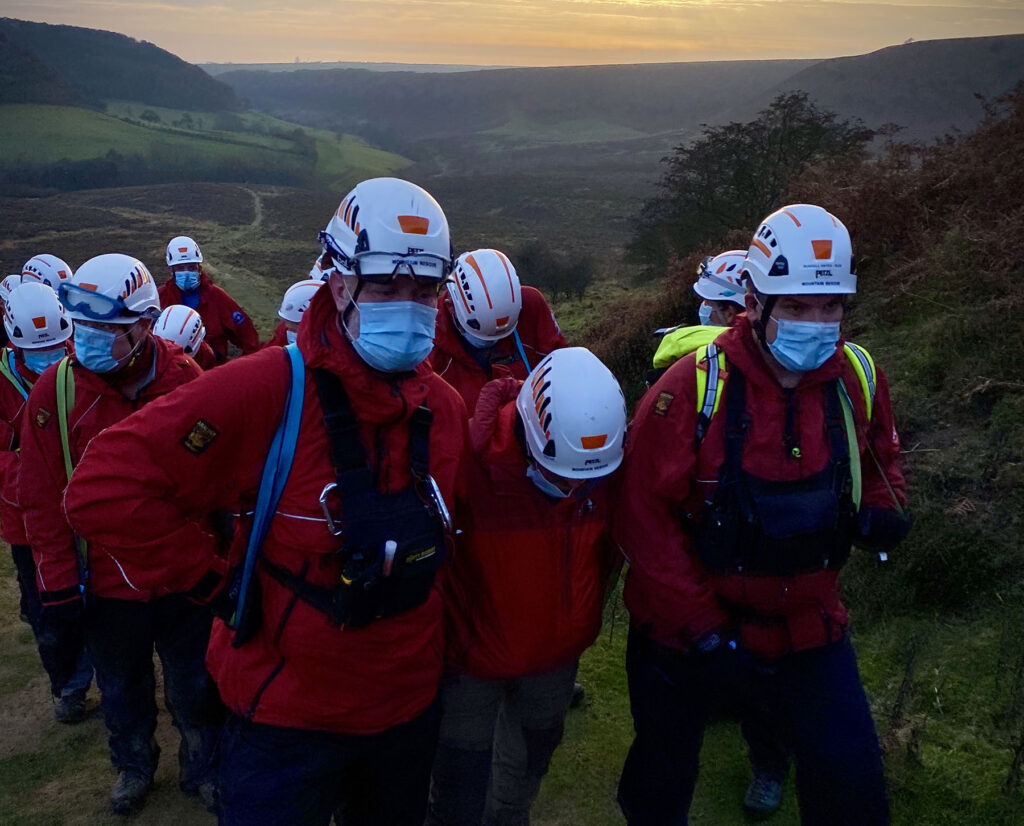
The Yorkshire Dales region (YDRP) saw a similar number of call-outs in 2020 to 2019 (207 in 2020, 218 in 2019) but there have been other impacts from Covid-19 as Ian Hugill, Incident Controller for Scarborough and Ryedale MRT reports.
‘We had a similar volume and mix of incidents as in other years but everything just took that bit longer, donning full waterproofs and PPE – including masks, goggles and helmets in the middle of summer. Then there was the need to sterilise vehicle controls and cockpits before deploying, dealing with steamed-up goggles and glasses, decontamination of team members’ kit after handover and deep cleaning of equipment and vehicles on return to base.
‘Thankfully, other than being colder than we would have liked, we don’t believe any delayed response had a negative impact for those we rescued.’
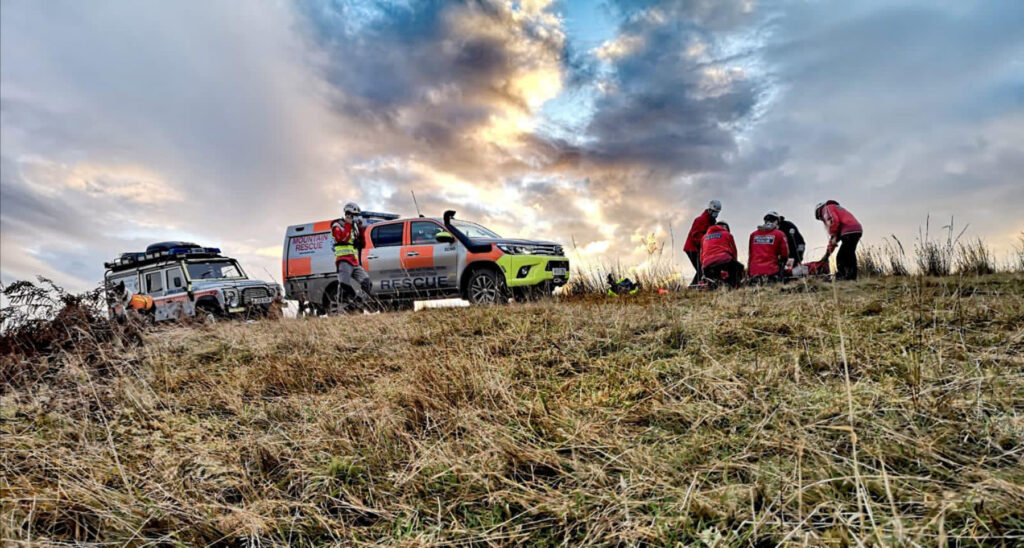
Will Close-Ash of Northumberland National Park MRT in the North East region (NESRA) saw similar impacts.
‘In March 2020, it was impossible to predict what impact the first lockdown would have on incidents in Northumberland and Tyne and Wear. Then, once restrictions were lifted, we didn’t know whether we’d see a sudden deluge of incidents or a steady trickle.
‘In the end, both the Northumberland National Park and North of Tyne teams recorded more incidents and had more deployments than usual and, like the Peak and Pennines, we were significantly up on rescues in the hills as people took to the outdoors in response to their time in isolation.
‘The extra precautions and the uncertainty of Covid placed added stress and pressure on our members and we have also had to face another challenge. There were huge cuts in fundraising opportunities at events and we couldn’t engage with the public in the usual way. We have had to become more creative in reaching people via online media and spreading safety messages without that face-to-face contact.’
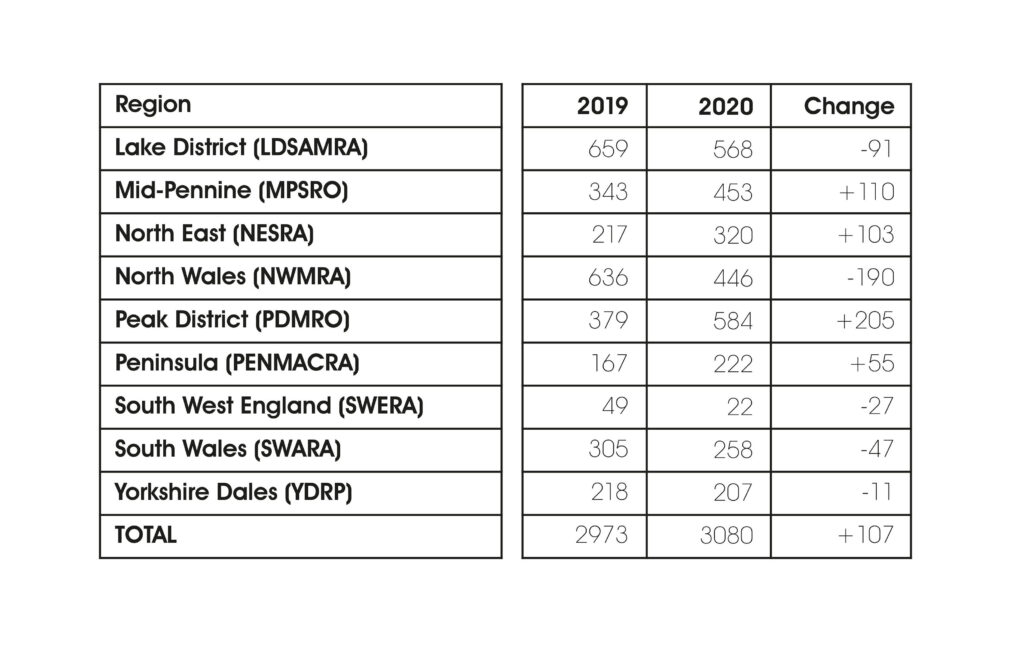
The 2019 numbers quoted in the table may not be the same as those reported earlier in the year due to late reporting – it’s quite a task to gather accurate reports from every team to make the figures comprehensive but they should be complete 12 months on!
Message as we go into 2021
So, the picture may not have been consistent across the country in 2020 but the messages as 2021 begins are very much the same wherever people are visiting upland areas to enjoy the outdoors.
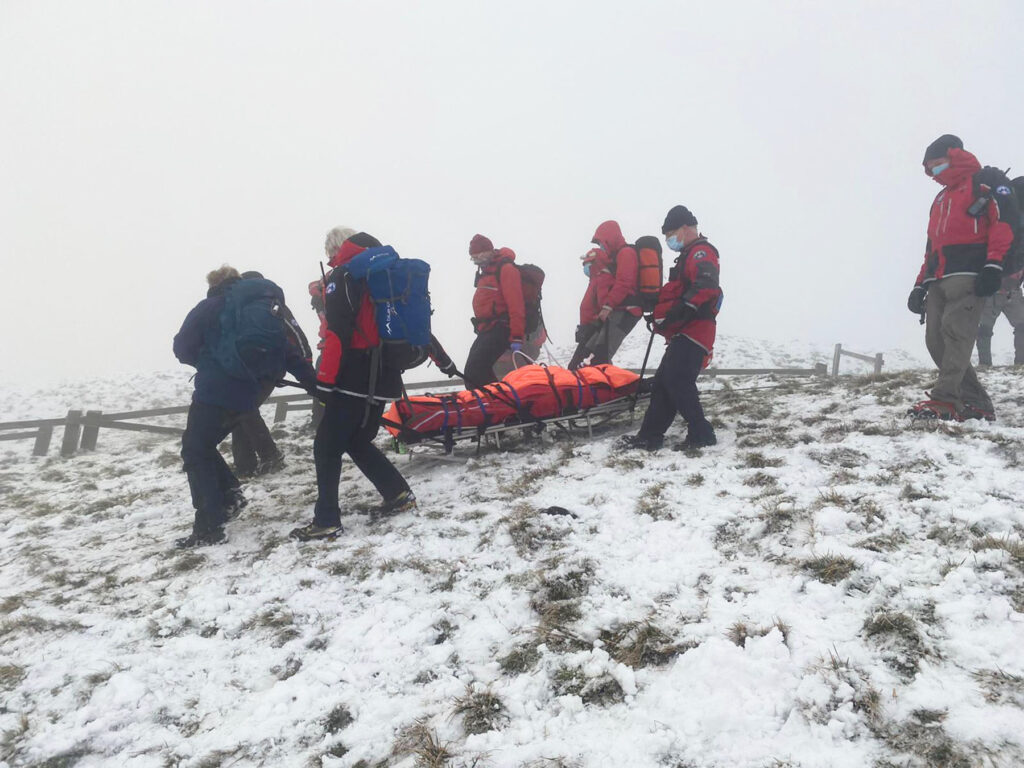
‘#BeAdventureSmart and think about your skills, the weather and the clothing and equipment that you need,’ says Mike. ‘Just a bit of planning can help you avoid many a dangerous situation, add to your enjoyment of the hills and ensure that mountain rescue volunteers are available for the unavoidable emergencies that can happen to anyone.
‘Our teams should be proud of their dedication, teamwork, professionalism and resilience in 2020. They now face the challenges that winter will undoubtedly bring with fewer hours of light, challenging weather and difficult ground conditions. I hope everyone reading this will appreciate these volunteers and take a few precautions to ensure they’re not part of our statistics in 2021!’
Stay safe out there!
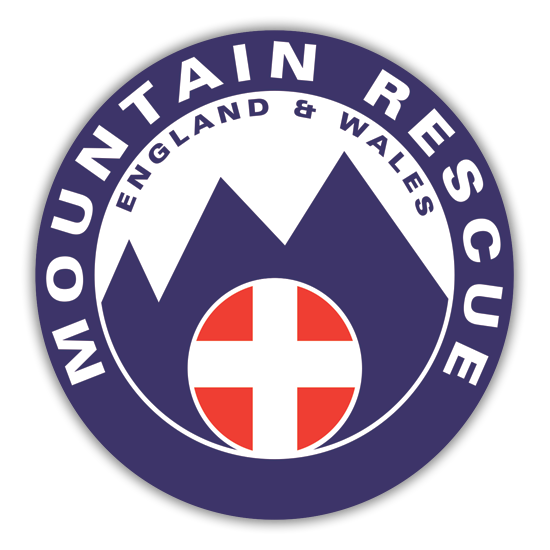
We who use the outdoors are eternally grateful to you wonderful volunteers for all you do.
Often volunteers are taken for granted but know that people like me,who have never yet needed to use your services in my 80 years, are very appreciative of your advice and feel all the safer for just knowing you are there. THANK YOU
And thank you to you too Jean. Always lovely to hear back from readers and supporters.